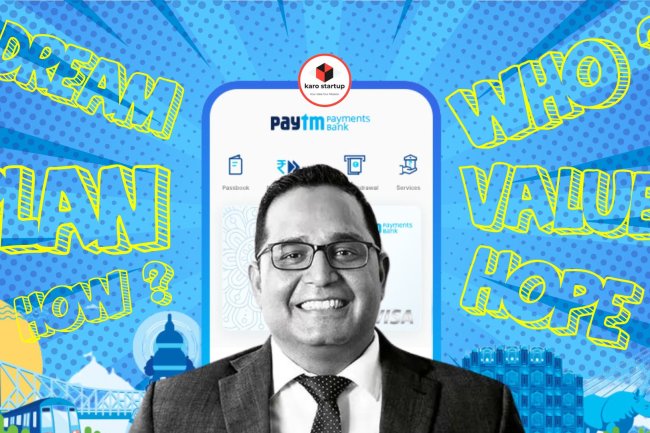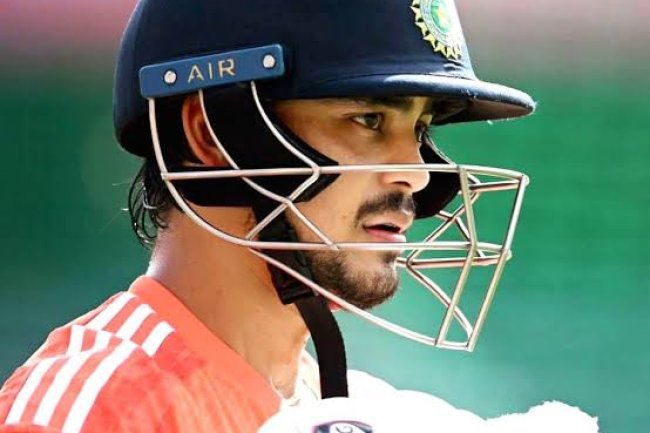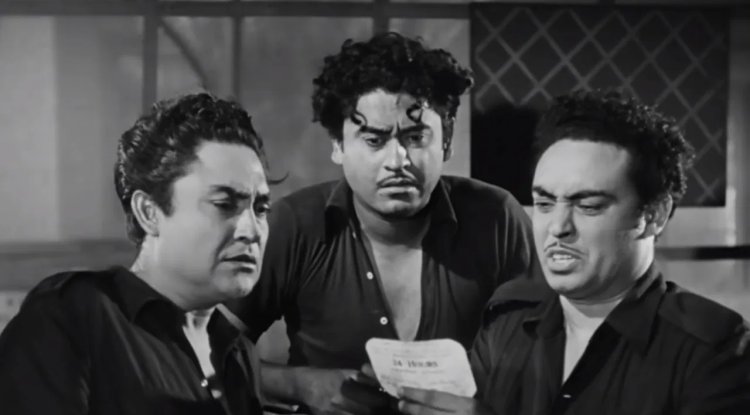Why did Paytm Mall Failed - Vijay Shekhar Sharma
StartUp platform has lot of challenges while designing, implementing and sailing on lot of business core visions facing with tough frequent market changes and sudden twist. Start Ups need to move with step by step paths only with calculative success visions since core investments started draging through unpredicted directions sometime even it met all routes on sound strategic planning.

Vijay Shekhar Sharma (born 7 June 1978) is an Indian technology entrepreneur and multimillionaire business magnate. He is the founder chairman, and managing director of One97 Communications founded in 1997 and its consumer brand Paytm which he started in 2010.
Early life and education
Vijay Shekhar Sharma was born in Aligarh, Uttar Pradesh on 7 June 1978, the third of the four children of Sulom Prakash Sharma, a school teacher, and Asha Sharma, a homemaker. He did his schooling from Harduaganj, a small town near Aligarh. He enrolled in college at the age of 15 and graduated with a B.Tech degree from the Delhi College of Engineering (now Delhi Technological University) at 19 years old [10][11][12]
Career
In 1997, while in college, he started the website indiasite.net, and sold it two years later for US$1 million.[13][14] Three years later, in 2000, he started One97 Communications which offered mobile content including news, cricket scores, ringtones, jokes and exam results.[14] One97 Communications Limited is the parent company of Paytm, a digital payments and financial services company that was launched by Sharma in 2010. In November 2021, Paytm went public raising $2.5 billion at a valuation of $19 billion, making it India's largest initial public offering at that time.
Sharma is also an angel investor who has supported tech startups.
Sharma joined the board of management at Netaji Subhas University of Technology in Delhi for three years.
In 2024, Sharma stepped down from his role as part-time non-executive chairman and board member of Paytm Payments Bank. This decision followed regulatory challenges encountered by the bank with the Reserve Bank of India.
Personal life
He is married to Mridula Parashar Sharma and they have a child.[38] He cites Alibaba's founder Jack Ma and Masayoshi Son of Softbank, as his inspirations. In February 2022, Sharma was arrested by Delhi police for hitting his car into the car of a police officer. He was later released on bail.
Other work
Sharma has been named as the UN Environment's 'Patron for Clean Air', where he helps to drive environmental action and awareness and advocate for the goals of United Nations Environment's global Breathe Life campaign.
Awards and recognition[edit]
- Won the Best Serial Entrepreneur Award at the Rural and Urban Development Summit and Awards 2022 presented by the Minister of State for the Ministry of Housing and Urban Affairs, Government of India.[23]
- Ranked the Youngest Indian Billionaire by Forbes magazine [24]
- In 2018, he was named the Entrepreneur of the Year by AIMA [25]
- Time Magazine's 100 most influential people in 2017.[26]
- ET Entrepreneur of the Year, by The Economic Times in 2016 [27]
- Ranked by GQ in their listing of the 50 most influential young Indians of 2017.[28]
- In 2017, he became the Dataquest IT Man of the year.[29]
- Received an Honorary doctorate from Amity University, Gurgaon, in 2016[30]
- Honored with the Yash Bharati, the highest state civilian award of the Government of Uttar Pradesh in 2016.[31]
- Named as the Businessman of the Year at GQ Men of the Year Awards 2016.[32]
- He was conferred with the NDTV Indian of the Year in 2016.[33]
- Awarded the Impact Person of the Year Award in 2016.[34]
- Named India's Hottest Business Leader under 40 by The Economic Times in 2015.[35]
- In September 2015, he was named CEO of the Year by SABRE Award.[36]
Q. Who is Vijay Shekhar Sharma ?
A. He is a high growth making entrepreneur in India and Founder of Paytm
By the end of 2019, Paytm Mall soared to a $3 billion valuation, riding on a cashback-driven strategy that set it apart from competitors.
But fast forward to May 2022, and its valuation has plummeted to a mere $13 million, with prime backers Alibaba and Ant Financial making a hasty exit. What went wrong?
1. Short-Term Vision: The cashback strategy, while initially enticing, lacked a long-term vision. It failed to prioritize the crucial aspect of customer experience. When cashbacks dwindled, customers sought better experiences elsewhere.
2. Multiple Strategy Dilemma: Paytm Mall juggled between e-commerce and bolstering its online payment platform. While both were interlinked, the company struggled to maintain balance.
3. Financial Woes: The company's financial health took a hit. Revenue dropped from Rs. 968 Cr. in FY19 to Rs. 277.4 Cr. in FY21, with losses of Rs. 1171 Cr. in FY19, reducing to Rs. 503 Cr. in FY21.
4. Investor Exit: Alibaba and Ant Financial withdrew their stake in Paytm Mall, citing a shift towards ONDC (Open Network Digital Communication) and a misalignment of interests. This further impacted the company's valuation.
Paytm Mall’s is a cautionary tale.
It highlights the perils of a myopic vision and the need for sustainable, customer-centric strategies in the competitive e-commerce landscape.
Q. Why Paytm Mall Failed
A. StartUp platform has lot of challenges while designing, implementing and sailing on lot of business core visions facing with tough frequent market changes and sudden twist. Start Ups need to move with step by step paths only with calculative success visions since core investments started draging through unpredicted directions sometime even it met all routes on sound strategic planning.











